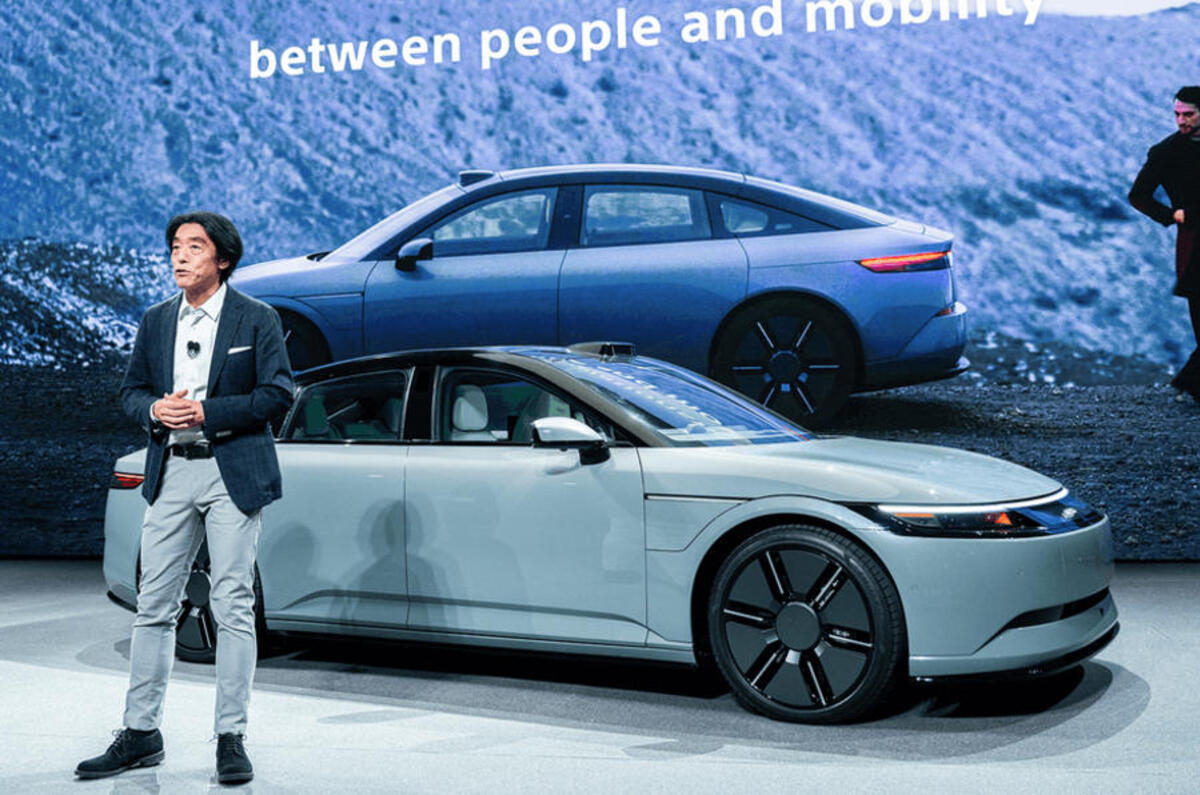Something was different. Here was Marelli CEO David Slump to introduce the Italian supplier’s technology offerings at the CES tech event in Las Vegas, but alongside him were representatives from Amazon’s AWS automotive cloud services division, chip maker Qualcomm and QNX, the operating system from Blackberry used by many car companies.
CEOs didn’t used to share the limelight, but a shift is happening in the supplier sphere that reflects one also occurring among car makers.




Add your comment